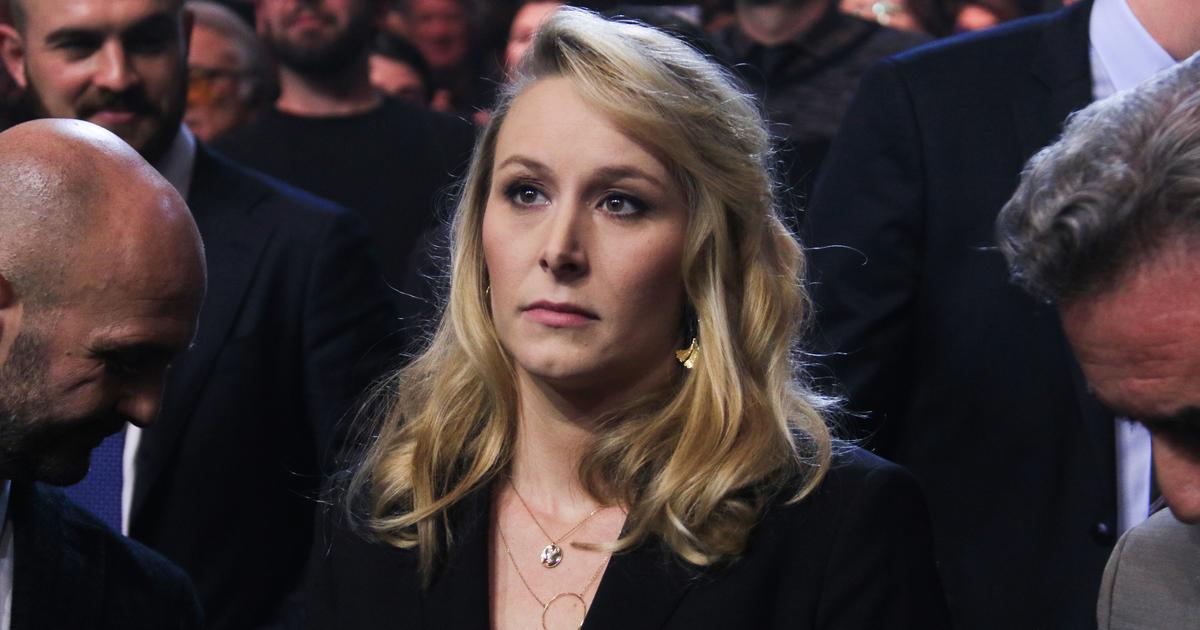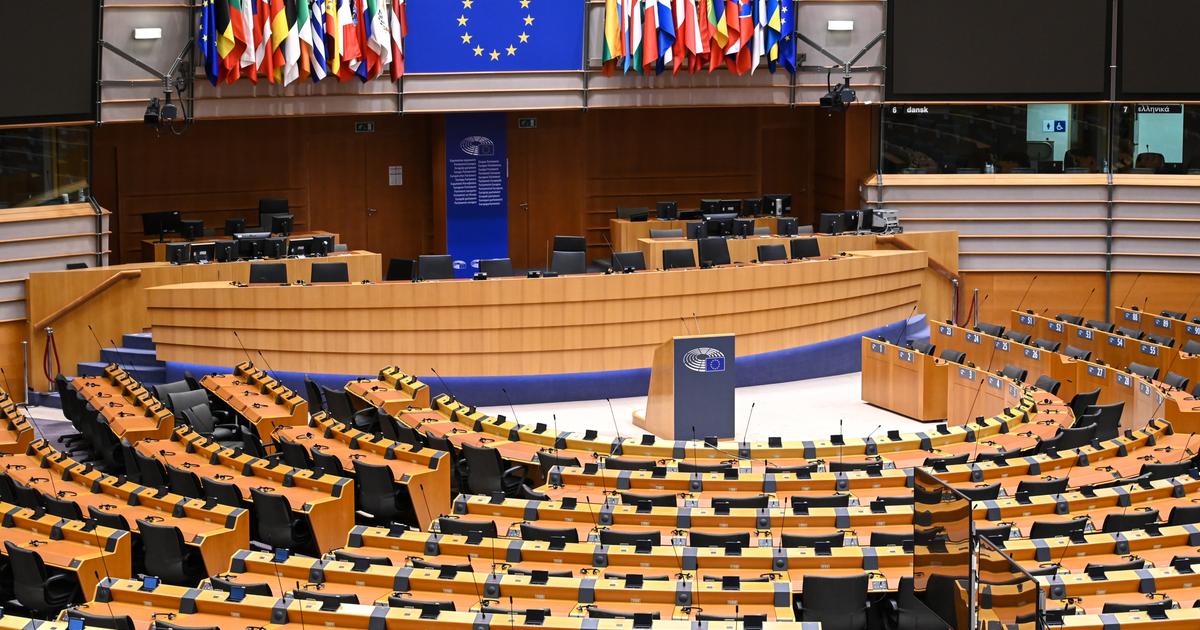Mathieu Gallard is research director at Ipsos France.
FIGAROVOX – PS dissident Martine Froger won a partial legislative vote in Ariège on Sunday April 2, eliminating the LFI candidate supported by Nupes. Does this election mark the return of an anti-Nupes left, or is it the consequence of an "alliance of the rights against LFI", as the executives of the Insoumis have asserted?
Mathieu GALLARD -
There is probably a bit of both.
The anti-Nupes left has always existed, but we saw during the legislative elections last June that it was quite marginal electorally speaking.
Most "center-left" voters had finally settled on whether to vote for either the Nupes candidates or the candidates from the presidential camp, and the dissenters' scores were generally anecdotal.
During this by-election in a historic bastion of the left, some of the Macronist voters, taking note of the profile of the constituency and the social context, made the choice to “vote useful” by deciding in the first round for the socialist candidate. dissident, in order to have a chance of defeating the outgoing LFI deputy in the second round.
The bet is successful, but it remains
could only have been a winner because Martine Froger (dissident PS) raked wide by winning 6,000 votes between the two rounds, against less than 1,000 for Bénédicte Taurine (LFI).
This could only be done by bringing together a coalition as vast as it is heterogeneous ranging from this anti-Nupes left to the RN voters, passing through those of Renaissance and perhaps even some abstainers from the first round.
Read alsoIn Ariège, the revenge of the anti-Nupes socialists
But this is not a new phenomenon!
In the four metropolitan constituencies in which a Nupes candidate faced a leftist anti-Nupes candidate in the second round of the June legislative elections, we saw exactly the same dynamics at work.
In the second constituency of Ariège, the dissident PS candidate Laurent Panifous gained 9,200 votes between the two rounds, against 3,000 votes won for his opponent Nupes / LFI.
In the third constituency of Pyrénées-Atlantiques, the outgoing deputy and dissident PS candidate David Habib won 10,100 votes, when his opponent Nupes / LFI only won 4,000 more.
In the first district of Charente-Maritime,
the outgoing MP and anti-Nupes PRG candidate Olivier Falorni even garnered a spectacular gain of 18,600 votes between the two rounds, nearly four times more than the Nupes/EELV candidate (4,800 votes won).
And in the fifteenth district of Paris, the candidate Nupes / LFI Danielle Simonnet had only been saved by the deep anchoring on the left of the district: she only progressed by 1,100 votes in the interval between the two rounds, against 7 400 votes won for the dissident PS candidate Lamia El Aaraje.
Certainly, we shouldn't extrapolate too much from a by-election in a riding that is very specific in many respects.
Mathieu Gallard
Is this an isolated event or the sign of a new cleavage on the left? Are we witnessing, as Jean-Pierre Raffarin said, the emergence of a “republican anti-Nupes front”?
There are actually three dominant parties in the French political landscape today – LFI, Renaissance and the RN – and all three are rejected by very clear majorities of voters.
Jean-Pierre Raffarin is therefore not wrong, but if Renaissance or RN candidates faced a PS or LR candidate in the second round, they would see a “front” being built against them in the same way.
Read also Partial legislative: was there a republican anti-LFI front in Ariège?
Moreover, if during this second round LFI / PS in Ariège, an "anti-Nupes front" was built in between the two rounds, we must not forget that last June, when the second round opposed the rebellious outgoing to a candidate supported by Emmanuel Macron, it was an “anti-Renaissance front” that had been set up.
In reality, this by-election does not really help us to know which party within this dominant trio is today the most repulsive in the eyes of the voters, and which on the contrary is the least rejected.
Doesn't the left, pro and anti-Nupes, overestimate the consequences of this election, which remains a partial legislative one and gathered only 20,000 voters?
Certainly, one should not extrapolate too much from a by-election in a constituency that is very specific in many respects: a rural area;
a historic land of the left;
an honorable participation for a partial but which nevertheless remains relatively low;
two left-wing candidates facing each other in the second round.
This nevertheless shows that when the PS manages to reach the second round, it is in a position to win quite easily regardless of its opponent, because unlike LFI, Renaissance or RN, it can truly federate.
LR and the PS are two weakened parties, which are struggling to reach the second round outside their areas of strength, but when they succeed they immediately become the “lowest common denominator” from an electoral point of view.
Mathieu Gallard
The PS is in the same situation as LR: in the legislative elections last June, the right had only managed to qualify 77 candidates for the second round, but had managed to elect 61 of them: this represents an extremely high victory rate. pupil.
These are two weakened parties, which are struggling to reach the second round outside their areas of strength, but when they succeed they immediately become the “lowest common denominator” from an electoral point of view.
They can muster a large and heterogeneous electorate and are therefore very well positioned for victory.
Could this victory lead the PS, and its first secretary Olivier Faure, to question their Nupes strategy?
I don't think so, precisely because the PS – like LR – is faced with this problem: accession to the second round.
Without the Nupes, the PS would probably be swept away in the event of partial legislative elections, because it would only be able to qualify candidates in a handful of constituencies due to competition from other left-wing forces.
In fact, each of the camps within the PS is right on part of the equation: to reach the second round, the Nupes is necessary;
to win in the second round, however, it poses a problem.
Read alsoPartial legislative: “A republican anti-Nupes front is being set up”, loose Raffarin
The real question for the PS is that of the evolution of center-left voters who have joined Macronism since 2017 with a view to the presidential election of 2027. Would they accept the candidacy of a Gérald Darmanin, an Édouard Philippe or a a Bruno Le Maire, more clearly anchored on the right than Emmanuel Macron?
It is not certain, and it may "liberate" a non-negligible electorate in the years to come.
Then, the PS will have to ask the question of the balance “costs/benefits” of a maintenance in Nupes.
But at this point, the question still seems premature.









